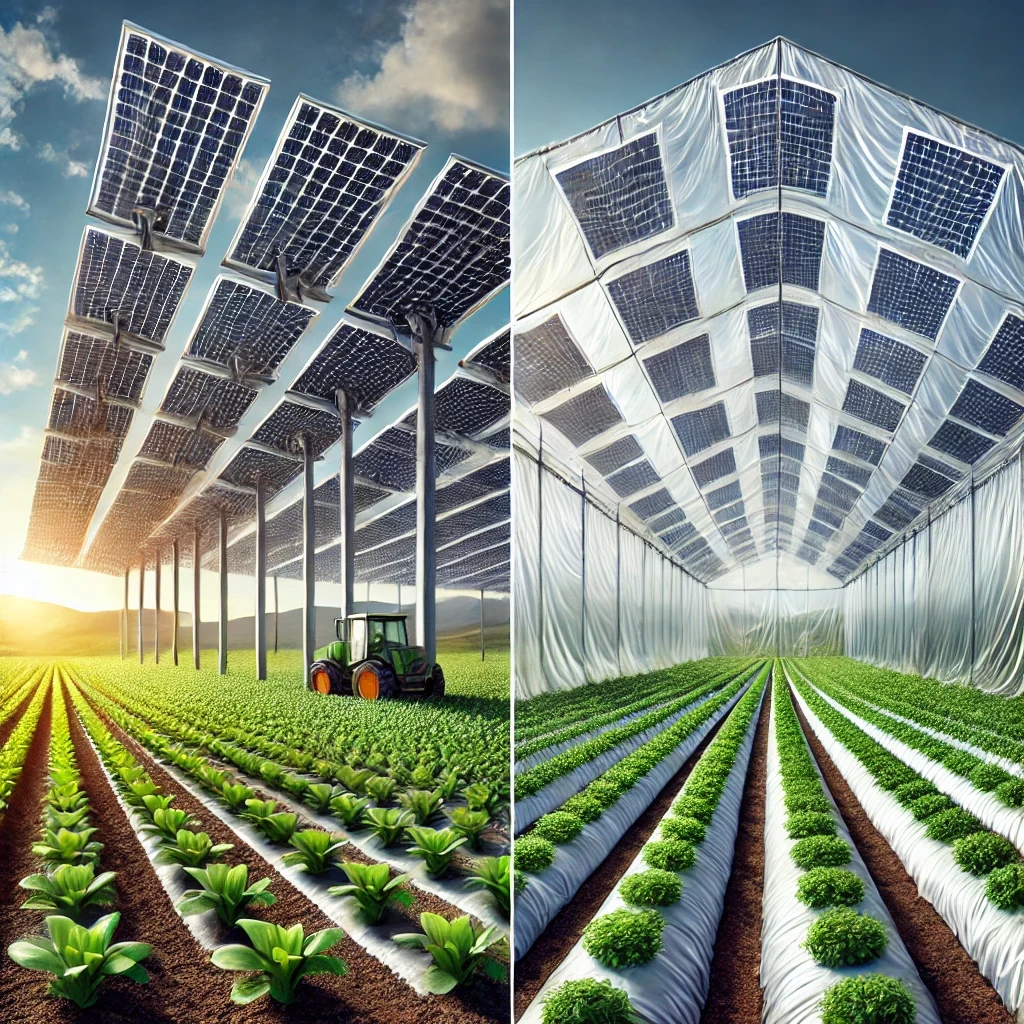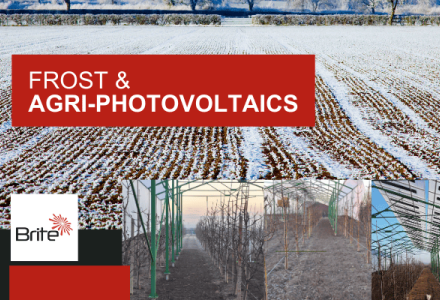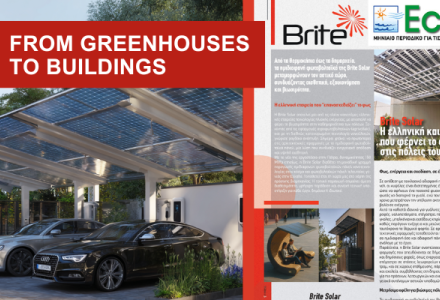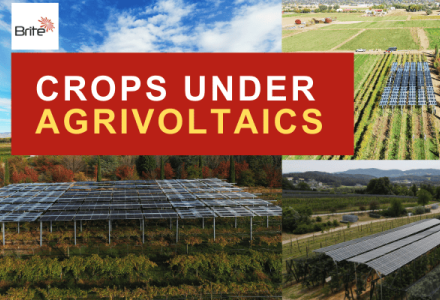Comparing Glass Semi-Transparent Solar Panels to Flexible Organic Panels: The Best Choice for Agriculture
Flexible organic photovoltaic (OPV) panels and glass semi-transparent panels represent two distinct solar technologies. While OPVs offer flexibility and lightweight features, the superior efficiency, durability, and innovative nanotechnology of Brite Solar's glass panels make them the best choice for agricultural applications.
What Are Flexible Organic Photovoltaic Panels?
Flexible organic photovoltaic panels use carbon-based compounds to convert sunlight into energy. These panels are lightweight and flexible, allowing them to be installed on plastic surfaces, such as greenhouses or other closed structures RatedPower — Smart energy flowThe Eco Experts. However, their limitations in efficiency, lifespan, and use in outdoor environments make them less suitable for open-field applications.
Key Differences with Brite Solar's Glass Semi-Transparent Panels
- Efficiency: Brite Solar’s glass panels offer an energy efficiency of up to 25%, compared to only 19% for organic panels under ideal conditionsRatedPower — Smart energy flowThe Eco Experts. This higher efficiency makes glass panels ideal for maximizing energy production in agricultural settings.
- Durability: Glass panels have a lifespan exceeding 25 years, while organic panels typically last around 10 yearsThe Eco Experts. This longevity makes glass panels a far better investment for long-term agricultural projects.
- Resistance to Environmental Conditions: Glass panels are more resilient to extreme weather conditions. Organic panels, being made of plastic, are more vulnerable and are mainly suitable for enclosed structuresMIT Sustainability.
- Versatility: A key advantage of Brite Solar’s glass panels is their ability to be used in both closed (greenhouses) and open-field (agrivoltaics) environments. In contrast, organic panels are generally limited to plastic-covered, closed structures, making them less versatile in agricultural useMIT SustainabilityThe Eco Experts.
- Nanotechnology for Enhanced Performance: The glass panels from Brite Solar incorporate nanotechnology that boosts light efficiency, allowing sufficient light for crops to thrive while protecting them from harmful UV radiation. This nanotechnology enhances both energy production and crop health, a unique feature not found in organic panelsRatedPower — Smart energy flowSolartechadvisor.
Why Glass Panels Are the Superior Choice for Agriculture
Brite Solar's glass semi-transparent panels provide numerous benefits, making them the best option for agricultural use, whether in greenhouses or open-field setups:
- Protection and Efficiency: The glass panels protect crops from extreme weather conditions like hail and strong winds while maintaining high energy efficiencyThe Eco Experts.
- Economic Viability: The long lifespan and high energy output of glass panels make them a far more cost-effective solution compared to the shorter lifespan of organic panelsMIT SustainabilityResearch and innovation.
- Technological Innovation: Brite Solar’s use of nanotechnology not only improves energy efficiency but also provides crop protection, making it the most innovative and effective solution for agricultureSolartechadvisorRatedPower — Smart energy flow.
Conclusion
Investing in Brite Solar’s glass semi-transparent solar panels is the most efficient and sustainable solution for agricultural applications. Their unique features, combined with cutting-edge nanotechnology, make them the superior choice for maximizing solar energy use while protecting crops.
For more information, visit www.britesolar.com and discover how our semi-transparent panels can improve your crop productivity.
























